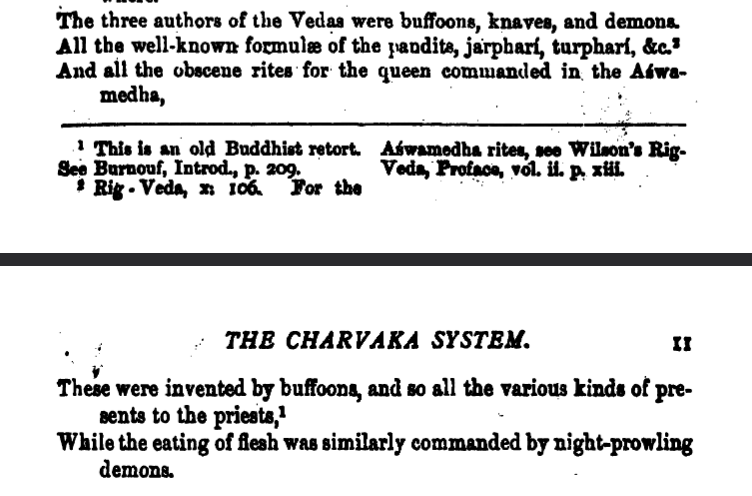Of all things ever written in Hindu scriptures, especially Vedas, this one ritual seems to be the most controversial of all. Carvarkas condemned this ritual in Madhavacharya's Sarvadarsanasangraha; Ambedkar condemned this in Riddles of Hinduism. Several other religions like Muslims and Christians have mocked Hindus for this specific ritual. They also cross-reference to Ajanta-Ellora sculptures for proof of such practices in ancient India.
The Wiki on Ashwamedha mentions that the Queen is just 'mimicking' intercourse:
The queens walked around the dead horse reciting mantras and obscene dialogue with the priests. The chief queen then had to spend the night beside the dead horse in a position mimicking sexual intercourse and was covered with a blanket.
Why do Ramayana mention almost the same thing?
Queen Kausalya desiring the results of ritual disconcertedly resided one night with that horse that flew away like a bird. [1-14-34]
Even though, I noticed one thing. Mahabharata, in Aswamedha Parva, doesn't seem to mention any such deed (at least I couldn't find anything).
Dayanand Saraswati's explanation seemed odd to me:
In the Arya Samaj reform movement of Dayananda Sarasvati, the Ashvamedha is considered an allegory or a ritual to get connected to the "inner Sun" (Prana)[13][70] According to Dayananda, no horse was actually to be slaughtered in the ritual as per the Yajurveda. Following Dayananda, the Arya Samaj disputes the very existence of the pre-Vedantic ritual; thus Swami Satya Prakash Saraswati claims that
the word in the sense of the Horse Sacrifice does not occur in the Samhitas [...] In the terms of cosmic analogy, ashva s the Sun. In respect to the adhyatma paksha, the Prajapati-Agni, or the Purusha, the Creator, is the Ashva; He is the same as the Varuna, the Most Supreme. The word medha stands for homage; it later on became synonymous with oblations in rituology, since oblations are offered, dedicated to the one whom we pay homage. The word deteriorated further when it came to mean 'slaughter' or 'sacrifice'.
He argues that the animals listed as sacrificial victims are just as symbolic as the list of human victims listed in the Purushamedha (which is generally accepted as a purely symbolic sacrifice already in Rigvedic times).
This interpretation seems very odd to me. The whole symbolism seems odd to me since the ritual is described so graphically and in such unnecessary details. The fact that Mahabharata and Ramayana, Carvakas in middle ages, and Historians describe it as actual horse sacrifices cast doubt whether these were really ever meant to be just metaphorical. If this beastiality turns out to be real, the fact that it is present in such a foundational text of Hindus (apurusheya) would be very humiliating. I have seen another apology where people say these were interpolations or corruption of the original Vedic text. The fact that Vedas were corrupted like this would have shameful too. I have heard that Brahmanas provide explanations for rituals. Is there any such text that provides more context to Aswamedha ritual and maybe de-obscenify it?
This question was flagged as duplicated and I was redirected to this But this doesn't answer the question and seems misleading. My question was regarding the original yagna not the Ramayana one. Plus, the guy who answered seems to cite a Hindi translation (which might have been diluted) not the Sanskrit one. The Sanskrit one is:
patatriṇā tadā sārdham susthitena ca cetasā | avasat rajanīm ekām kausalyā dharma kāṃyayā
Where " ekaam rajaniim avasat = one, night, she resided with that horse that flew away". It seems that the actual Sanskrit says she 'resided' with the horse.
